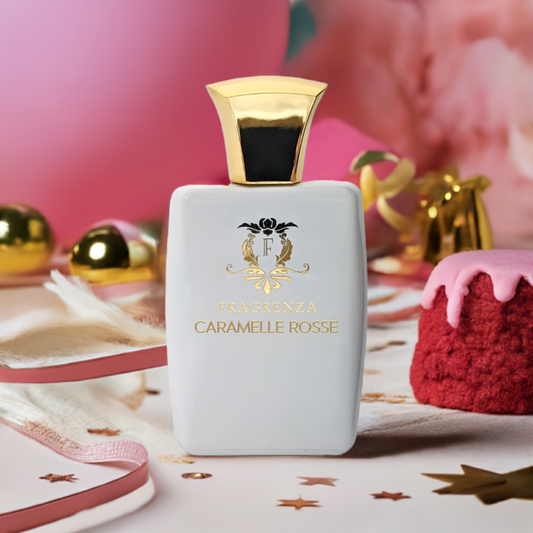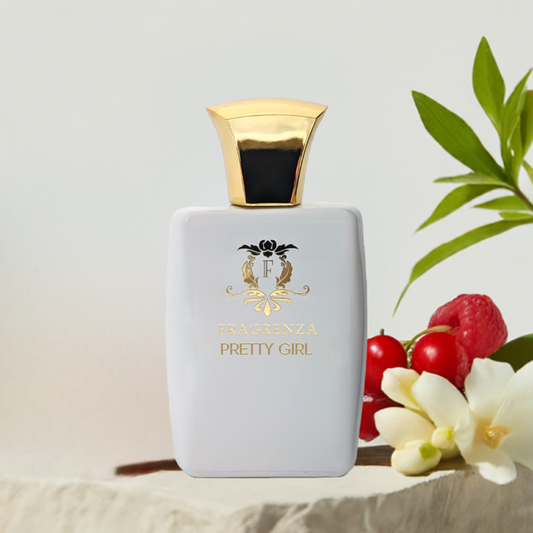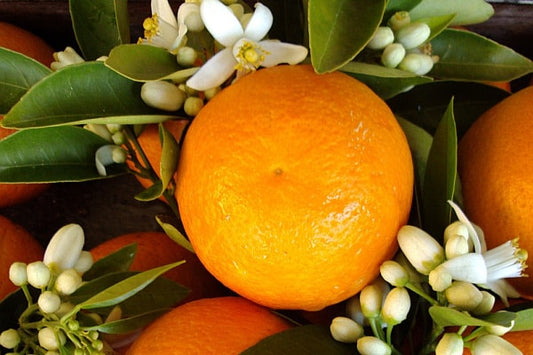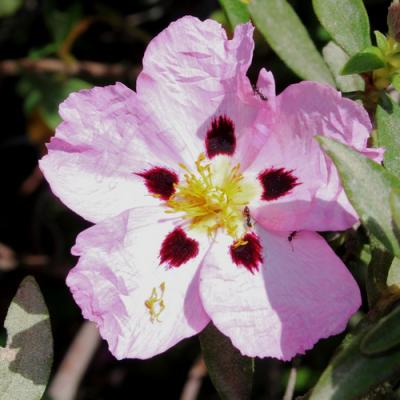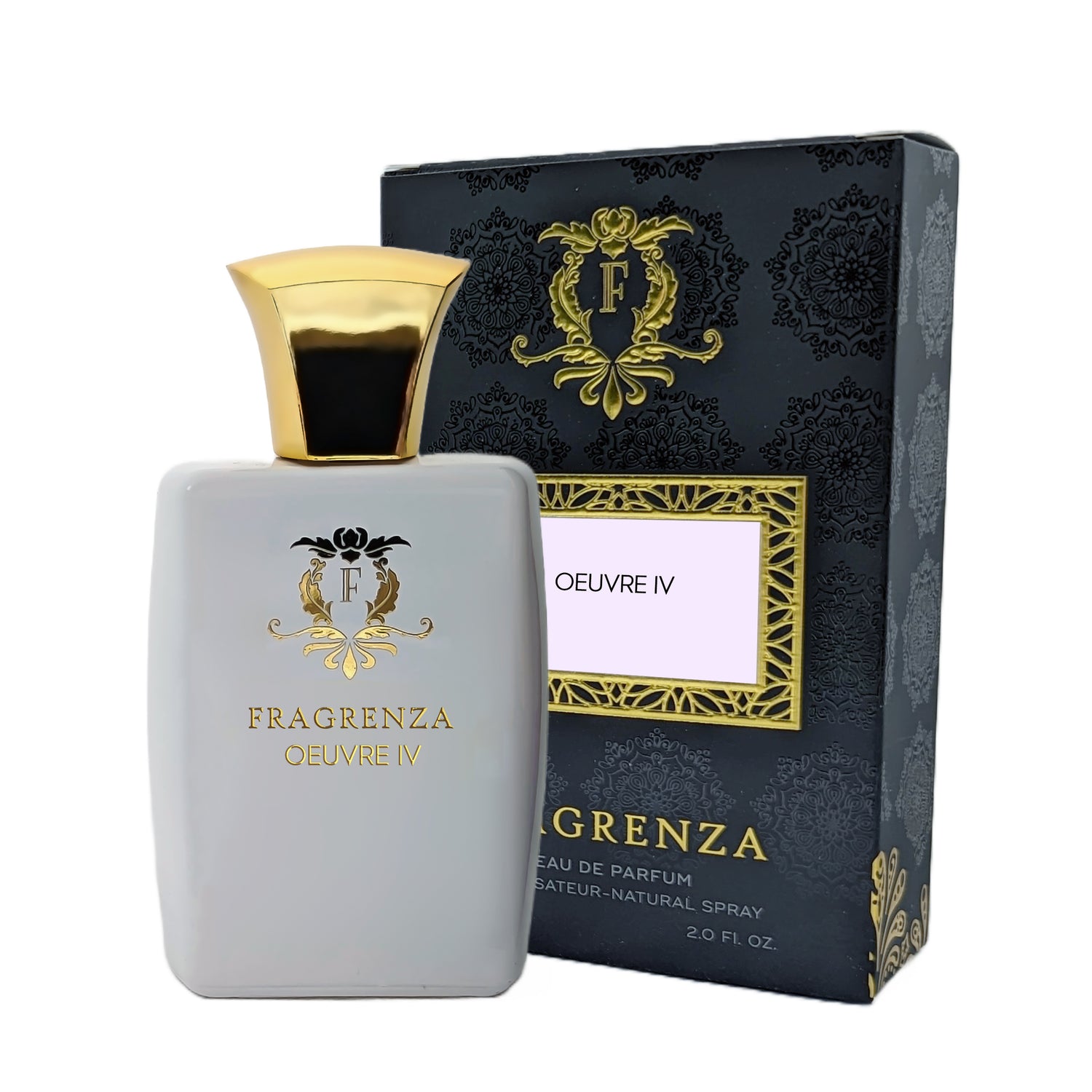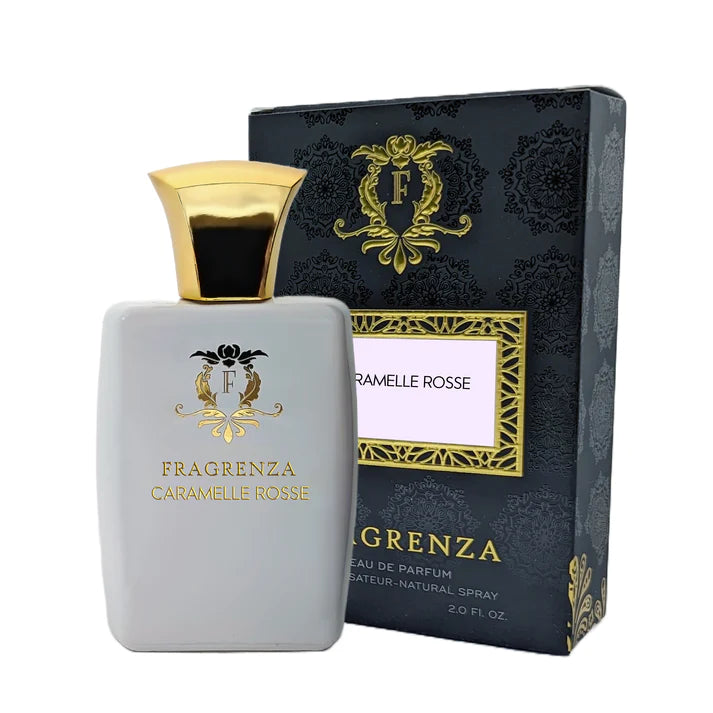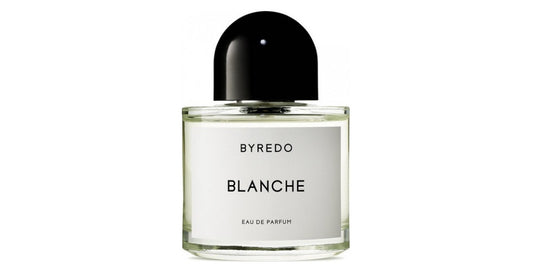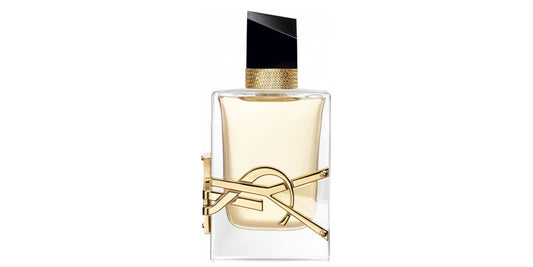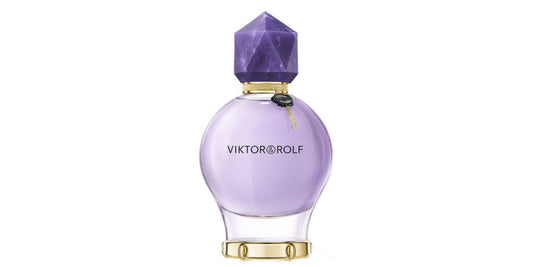What does cumin smell like?
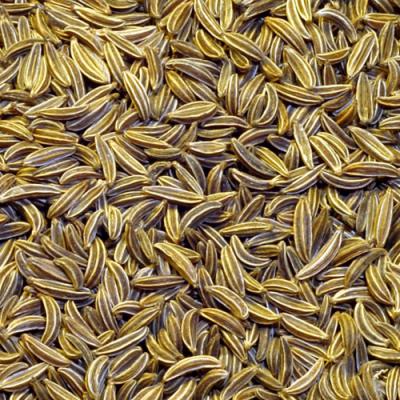
In This Article
Cumin: Reinventing Sensuality
The spicy olfactory family comprises a wide variety of spices, including warm spices like cinnamon and cloves, and cool spices such as cardamom and coriander. Cumin, however, is a unique spice due to its animal-like note, which imparts a sensual, strong, and persistent aroma to fragrance compositions. While the odor can sometimes resemble sweat, animal notes in perfumery are highly useful for their capacity to fix other components and enhance their scents. When used precisely and sparingly, cumin lends strength and character to fragrances, as evidenced in Le Mâle by Jean-Paul Gaultier. In this perfume, cumin features as a middle note, accompanied by cinnamon and enhanced by orange blossom, culminating in a very oriental and sensual fragrance.
Olfactory Associations with Cumin
Cumin is primarily found in oriental, woody, or chypre fragrances. For example, in Arabia by Serge Lutens, an oriental-woody scent, cumin serves as a heart note alongside cardamom, nutmeg, and cloves. This spicy heart melds harmoniously with woody notes such as cistus labdanum, resulting in a rich and sun-drenched aroma. Another oriental fragrance featuring cumin is Kenzo Jungle, a women's perfume by Kenzo. The elephant, Kenzo's favorite animal, adorns the bottle. Inside, an initial burst of mandarin captivates the senses, followed by a touch of sweetness from licorice, and a base that yields an elusive and incredibly powerful fragrance.
Primarily used in cooking, cumin is an oriental spice with an aroma similar to anise. Its animal notes set it apart as a particularly sensual and unique spice. While cumin is not yet widely used in fine perfumery, it holds tremendous potential for future fragrance compositions.
Fun Facts About Cumin in Perfumery
- Cumin has been cultivated and used as a spice for over 5,000 years, with ancient Egyptians, Greeks, and Romans utilizing it in their culinary and medicinal practices.
- Although cumin is often associated with Indian, Middle Eastern, and North African cuisines, its use in perfumery reflects the globalization of the fragrance industry.
- Cumin's distinctive animalic note makes it a popular choice for niche perfumers seeking to create daring and unconventional scents.
- In addition to its use in perfumery and cooking, cumin also offers various health benefits, such as aiding digestion, boosting immunity, and reducing inflammation.



